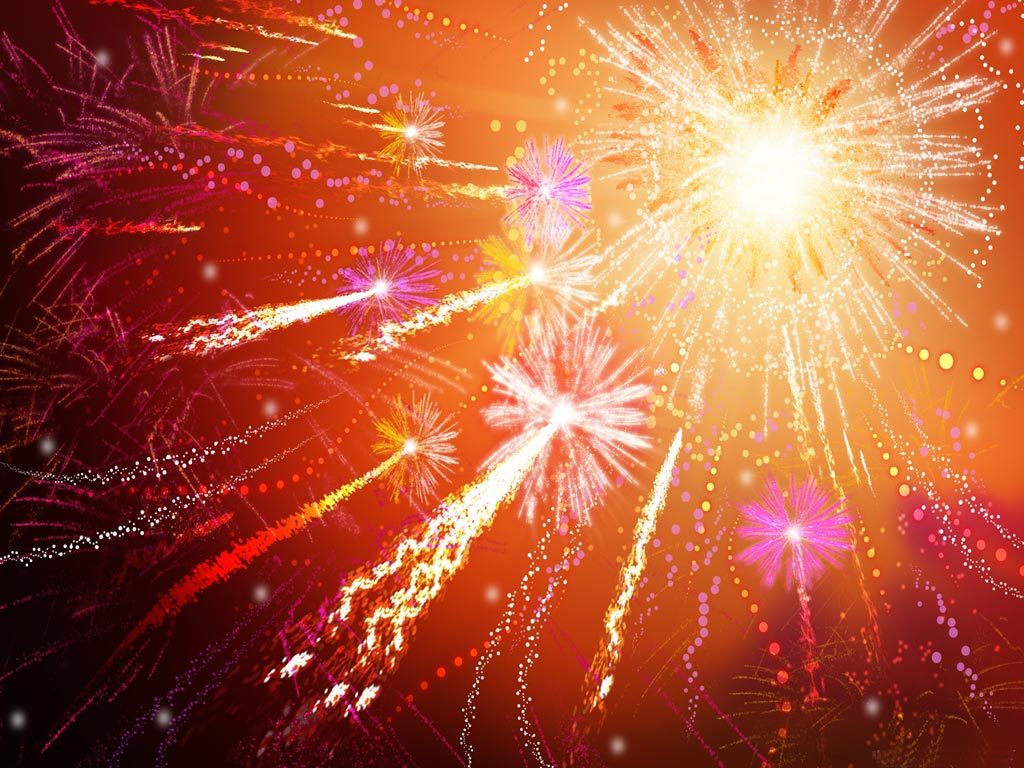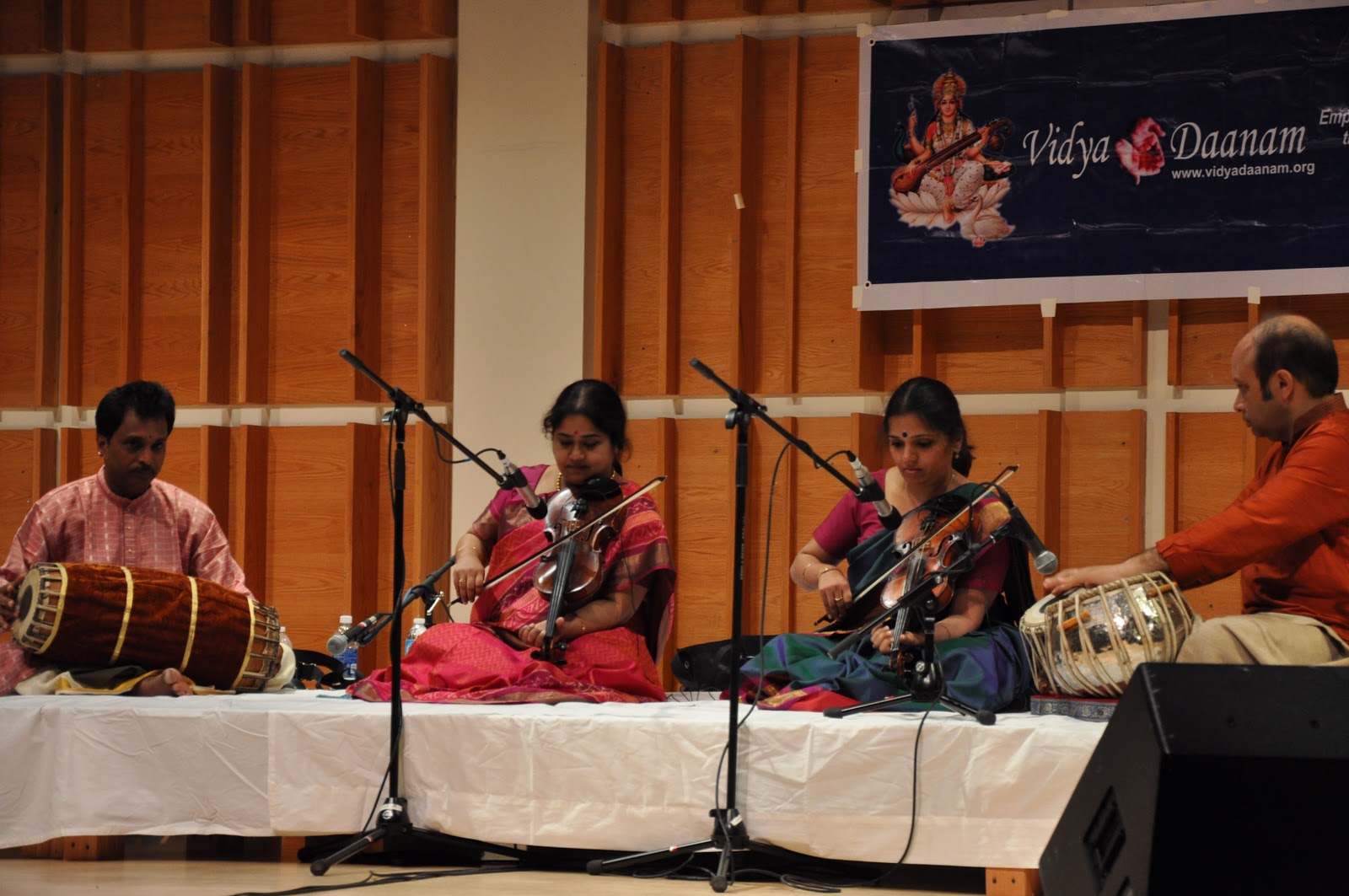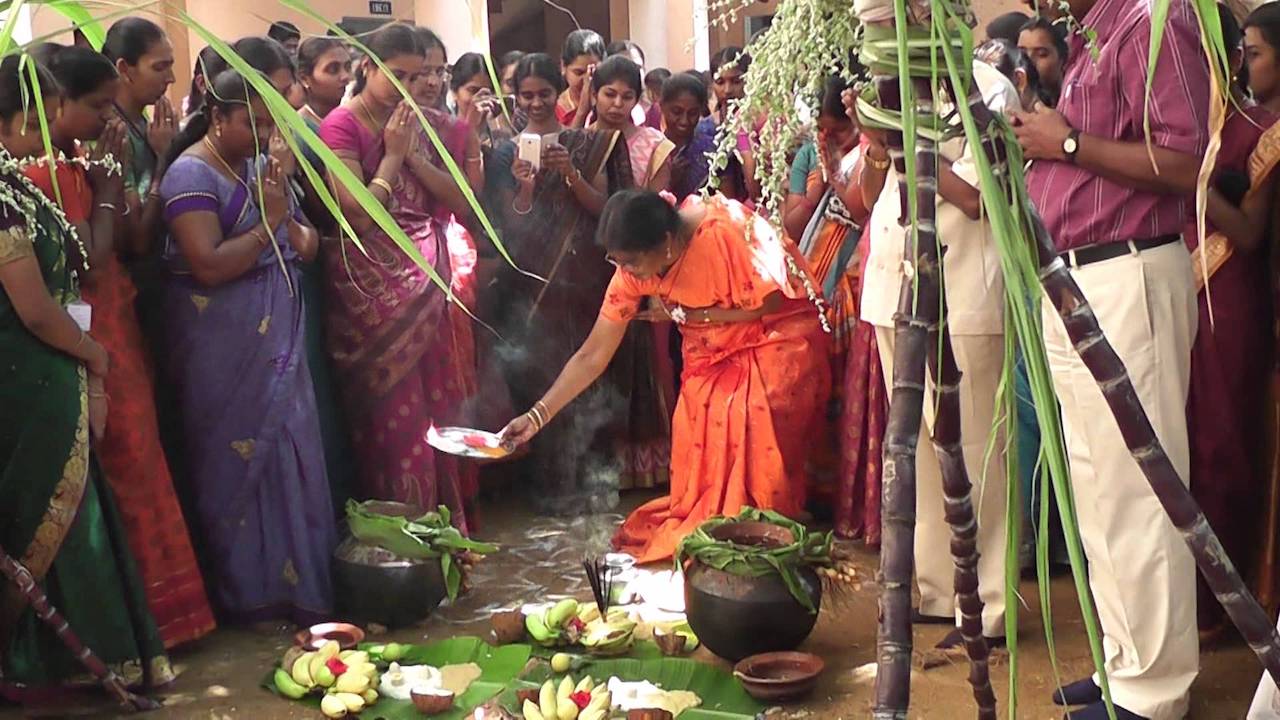The festival of lights is the most eagerly awaited festival. It is a time when people travel to their traditional homes in the villages or to parents homes to celebrate the festival as a family. In each state of India, this festival has variations although the basic celebratory components remain the same. In the South, the celebrations are different….and yet the same.
Deepavali in South India
Tamil Nadu
Deepavali is celebrated in Tamil Nadu in the month of Aipasi (Thula month) on the day preceding Amavasai, the day of the new moon. The preparations begin a week before with housewives making various savouries—murukku, thenkuzhal, mixture and ribbon pakodaand sweets like Badamhalwa, Mysorepak, badam cakes etc..The Deepavali marundu or lehyam, a gooey sweet fudge of herbs and honey and gur, is made on the eve of the festival. This marundu is an aid to digestion as this festival is a total splurge on food!!
When the brass or copper hot water boiler was used, it was decorated with kumkum dots on the day before. Nowadays, homes are cleaned and washed and decorated with kolams and the red oxide kaavi. In the pooja room, betel leaves and nuts, bananas, flowers, sandal paste and kumkum, crackers and new dresses smeared with a dot of kumkum at the edges are placed on a plate. On the morning of Deepavali, the whole family wakes up before sunrise. Gingely (til or sesame) oil is heated and seasoned with peppercorns and jeera and applied on the scalp by the eldest family member. After an oil bath, the family members are given a ball of medicinal lehyam. Children burst crackers and a heavy breakfast of idli/vadai, puri and potatoes orpaneeyaram andpongal and chutney are eaten. Lunch too is a virundusaapaadu, a festive meal. In the evening, little earthen lamps are lit and crackers are burst
TheThalai Deepavali, the first celebrated together for newlyweds, is spent in the bride’s parental home. The groom’s parents and siblings too join the celebrations. A visit to the temple, exchange of gifts of clothes and jewellery, eating sweets and receiving blessings of elders is the routine.
Andhra Pradesh
Diwali in Andhra Pradesh is spread over five days:Dhanatrayodashi orYamadeepdaan, Narkachaturdashi orDivili Panduga, Kaumudi Mahotsavam, Bali Padyam or Bali Pratipada andYamadwitheya. It is a festival that revolves around Lakshmi, the goddess of wealth.
Diwali begins by visiting temples and offering poojas and in the night neighbourhoods are bright with the lamps and crackers. In Hyderabad, there is a tradition of giving bath to the buffaloes on the day of Diwali and of decorating paper figures. The poor and the rich spend big sums on expensive silk saris, jewellery and ornaments and household goods. Sweets are prepared in homes as well as bought from shops for exchange.
Karnataka
Diwali in Karnataka begins with Dhanatrayodashi, followed by Narakachaturdashi.On the third day there is a puja to Bali followed by Bhathru Dwithiya dedicated to brethren. A related festival is Gorehabba celebrated a day after Balipadyami in Gummatapura, a tiny village on the Karnataka-Tamil Nadu border. Cow dung is splashed on each other before which quaint rituals are followed.
Kerala
Kerala is the only state in India where Diwali is not a major festival. Only areas where Tamil, Bengali and various North Indian communities resides, is the festival celebrated with grand feasts and visits to temples and fairs, friends and relatives.
Goa
In Goa, there are influences of different cultures. The Maharashtrian, Konkani and Karnataka strains of culture are prevalent in the Hindu communities of Goa.
On the day before the New Moon, 14th day of the dark fortnight, huge effigies of Narkasura the demon, are made from paper, filled with grass, wastepaper, crackers etc. It is then taken out and the family members hurl insults and taunts at the effigy…a kind of catharsis. The effigy is then burnt and cremated to signify an end to family squabbles and bitter fights over property and power.
Then the Hindu menfolk return home and have a massage given by their wives / mothers with a medicated oil called ‘utnem’. The family then visits the local temple and come back home to partake of a feast of ‘foav’ sweets.
According to legend Narkasur was a Rakshas (demon) who was terrorizing people by pillaging and killing citizens for sport. Lord Krishna killed him and the people’s fear of the Narkasur was dispelled by celebrations. They light up their houses with ‘pontis’ and place ‘akashdiyas’ above their houses.
The night of Diwali is brilliantly lit with millions of flickering candles and a display of rainbow coloured fireworks and crackers.
So, the Festival of Lights is symbolically a time for enlightenment, for the purification of the mind off evil thoughts and deeds. Whatever the method or practices of celebrations, theyremind us that there is always victory of light over darkness, good over evil and prosperity come to those who worship the divine.



